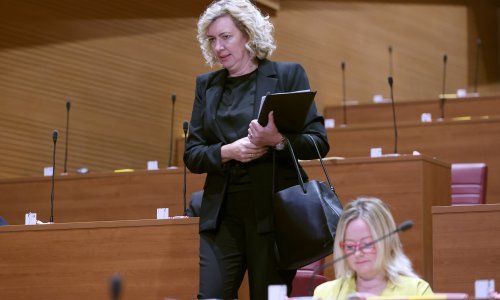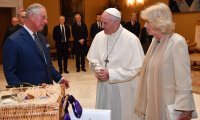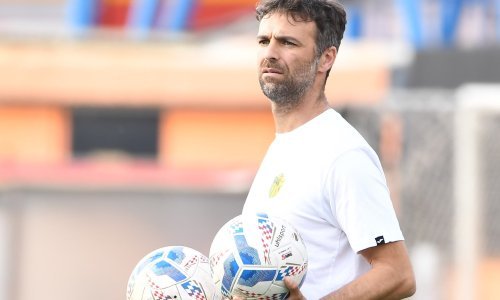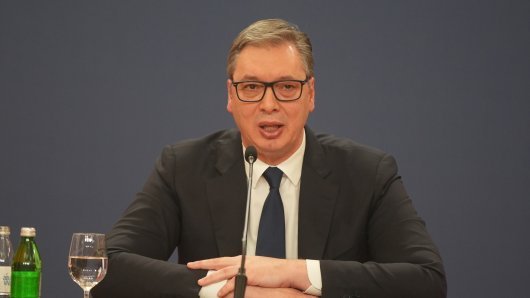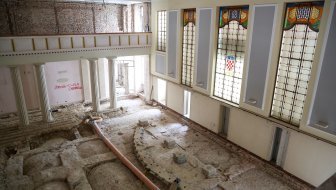Croatian President Ivo Josipovic will make a three-day official visit to Great Britain next week, during which he is due to meet with Queen Elizabeth II, Prime Minister David Cameron, senior government and parliament officials, business people and scholars.
The visit comes slightly more than a month before Croatia joins the European Union. Since the two countries do not share views on specific policies of the EU, Britain will try to win Croatia's support for its specific interests in the EU, while Croatia will try to convince London, one of its biggest critics during the accession process, that it is fully prepared for EU membership.
Britain discusses with major EU members issues relating to the common market and agriculture policy which it sees as obstacles, while among smaller countries, such as Croatia, it seeks allies. London is the most vocal opponent of stronger political and monetary integration of the Union, and Prime Minister Cameron has announced that a referendum on Britain's departure from the EU will be held no later than the end of 2017.
London and Zagreb have different views of the EU's cohesion policy. Britain is a member of the so-called Friends of Better Spending group, who want to cut the EU budget in the present time of crisis, while Croatia supports Friends of Cohesion, who are trying to ensure that austerity measures do not affect cohesion funds that are used to reduce the gap between rich and poor regions of the Union.
Unlike some northern EU countries, Britain plans to impose restrictions on the employment of Croatian workers after Croatia joins the EU on July 1, explaining that it wants to continue supporting the British economy by attracting the best and most skilled workers from the entire world taking into account not to discriminate against the rights of those people already living in Britain.
The Croatian President's Office has said ahead of the visit that London and some other EU capitals have for long viewed Croatia's entry into the EU through the negative experience with Bulgaria and Romania, which many think were not ready for membership in 2007, so Josipovic will try to convince British officials that Croatia has fulfilled all the criteria and that the reform process will not stop after July 1. This will be the main topic of his talks with Minister for Europe David Lidington and Justice Secretary Chris Grayling, because the British were in particular interested in Croatia meeting the criteria relating to judicial reform, the fight against corruption and organised crime, and war crimes prosecution.
Sources close to Josipovic have said that Croatia, as a future member of the European Union, is most interesting to Britain because it can help stabilise the situation in southeastern Europe, and London expects that Croatia's example will further motivate its neighbours which are at different stages of integration with the Union.
Josipovic has on many occasions expressed Croatia's readiness to help its neighbours both technically and politically on their paths to EU membership, and has expressed a desire for things to move forward, the same sources said.
During his visit on May 22-24, Josipovic is also scheduled to meet with Business Secretary Vince Cable and the Speaker of the House of Lords, Baroness Frances D'Souza. His talks with the Chief of the General Staff of the British Army will focus on cooperation between the two allies in NATO-led international military missions.
The President is also due to visit the London School of Economics, and on the last day of his visit he will deliver a talk on Croatian foreign policy at the University of Oxford.





